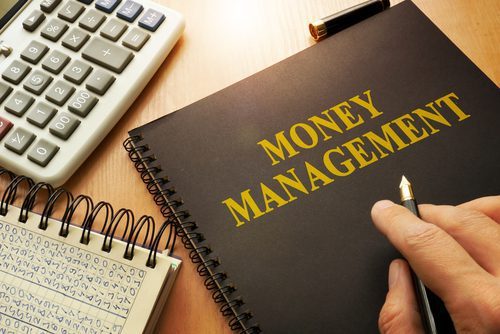How Do Addicts Recovery from Financial Problems
In 12-step meetings, finances are often mentioned as something that overwhelms the person in recovery. Finances are something that the recovering addict will need to work on but maybe not right away. The first few months of recovery should be focused specifically on finding your own path to stay clean and sober. You can find a trusted friend or family member to handle finances for you in the early stages of recovery so you can focus on you.
Once you have some time in recovery, begin to start addressing what you need to do on a financial level. Many recovering addicts simply may not have learned how to manage finances or the management of money was not a priority to the addiction. This is true for many addicts. The key to learning financial management is education and to have a plan. Here are some strategies that may help you to develop a plan.
Recovery is the priority above all else; however, if you need to find employment, do so. Having a regular income is critical in rebuilding confidence and repaying debts. If you find that you do not feel comfortable with having money, then don’t! This can act as a trigger and if you are not comfortable, have someone else keep your money for you. It is not necessary in the early stages of your recovery to control your finances if you are unable to do so.
To develop your financial plan, first take note of what you need versus what you want. You need to have food, clothing, and shelter; you want to buy new furniture or even a car. Spend some time thinking about your debts, who you owe, etc., and then write out what you have coming in. From this list, create a budget. This can be difficult for some so engage another person to help you if needed. Include all your needs in the budget including rent, utilities, clothing, and medical expenses. You can even jot down a few wants, as seeing what you want can motivate you to stay on task with your budget.
If you have credit cards, give them to another person to keep safe for you. Write out your credit card debts and plan to pay them something each month or every payday. Again, you can have a trusted friend or family member pay these debts for you (with your money, of course) if you do not feel comfortable. You may need to talk to some credit card companies about negotiating your past due balances and arranging feasible payback plans. Most credit card companies are willing to accept what you can pay versus paying nothing at all.
Legal expenses should be taken care of right away and it might be a good idea to engage with your sponsor or someone who has had similar legal and financial issues when entering recovery.







